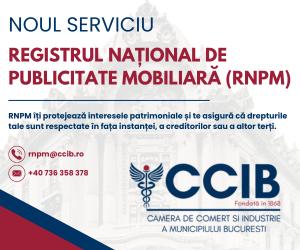An international team of researchers from Australia and the United States has developed an artificial intelligence (AI) tool that promises to fundamentally transform cancer treatment, through a detailed and personalized understanding of the cellular diversity within tumors. The new technology, called "AAnet”, was presented in a study published in the prestigious journal Cancer Discovery.
Currently, oncology treatments treat tumors as homogeneous masses of cells, although the reality is much more complex: cancer cells in the same tumor can have different behaviors and genetic characteristics, which leads to: resistance to treatments, disease relapses and uneven spread of cancer in the body.
"Heterogeneity is a big challenge. We treat tumors as if all cells were identical, but some cells escape treatment and the cancer returns,” explains prof. Christine Chaffer, from the Garvan Institute for Medical Research in Sydney, the study's lead author.
• What does AAnet do?
The new AI technology: Uses deep learning to analyze the gene activity of individual cancer cells; Identified five different cell types within tumors; Allows detailed mapping of these cell types, highlighting the risks of spread and specific behaviors.
"It is the first method that manages to break down cellular complexity into clear archetypes and make them useful for clinical practice," adds Prof. Smita Krishnaswamy of Yale University, co-author of the study.
• Why does this discovery matter?
Personalized therapy becomes possible: with the help of AAnet, doctors can build combination treatments that target all types of cells in a tumor, not just the dominant ones. Relapse is avoided: the complete elimination of all cell subtypes reduces the risk of the disease returning. Immediate applicability: The technology is already validated in breast cancer and has promising potential for other types of cancer and autoimmune diseases. Clinical integration: AAnet can be combined with traditional diagnostic methods to create truly personalized treatment plans, based on the cellular "map” of each tumor.
The discovery of AAnet marks a turning point in oncology, paving the way for precision medicine that not only treats cancer, but also understands it in detail. In the near future, treatments will be tailored not just to the disease, but to each patient and each individual cancer cell - a paradigm shift with major implications for the life expectancy and quality of life of oncology patients.
















































